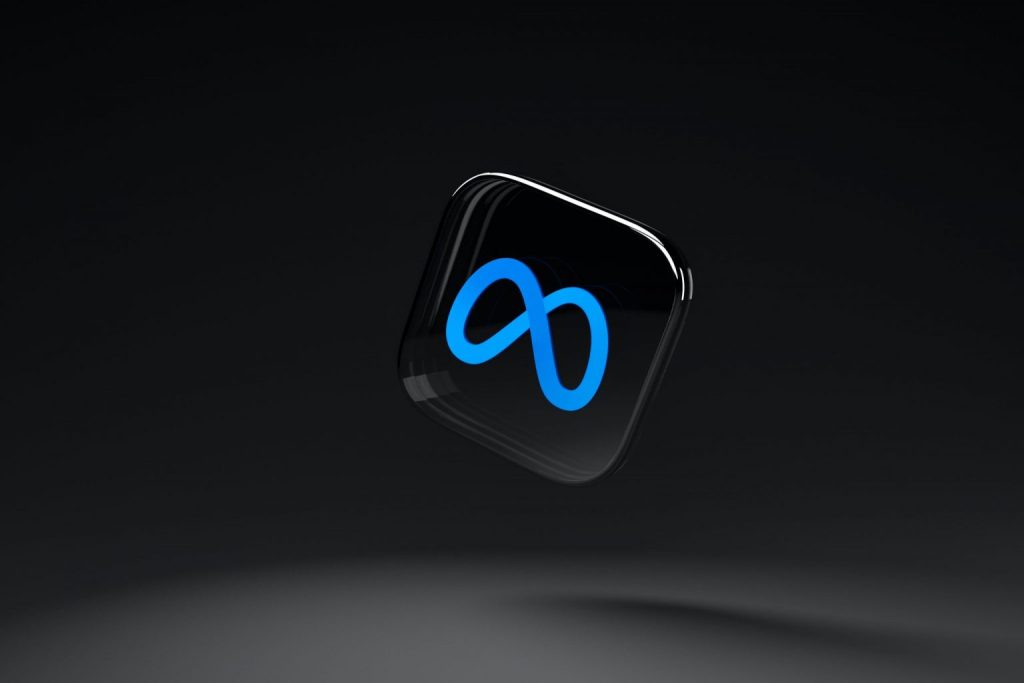In recent news, Meta Platforms Inc. introduced 28 AI chatbots that wear the faces of celebrities, ranging from Kendall Jenner to Tom Brady. These are not your average chatbots; they offer more than just mechanical responses. Kendall Jenner’s chatbot, named Billie, serves as a virtual big sister, dishing out advice to users, while Tom Brady’s counterpart, Bru, engages in sports debates.
Brand safety is a huge concern for generative AI
While the industry is buzzing about the innovation, it raises eyebrows on several fronts. For one, Meta is pulling out all the stops financially. According to The Information, one top-tier creator has been offered as much as $5 million for just six hours of studio time to use their likeness. The heavy price tag underlines the tech giant’s commitment to making AI relatable and personalized. But is it too much too soon?

Meta’s CEO Mark Zuckerberg is optimistic, believing there’s a “huge need” for AI versions of celebrities. However, he has also acknowledged that rolling out such technology might take longer due to brand safety concerns. Celebrities are wary about their image being manipulated into making inappropriate or contentious remarks.
It’s not just the AI celebrity figures that have raised questions. Meta also launched AI stickers that quickly came under fire. Users managed to create disturbing images, including a child soldier and a lewd portrayal of Justin Trudeau. These instances pose a concern about the ethical use of AI technology and content moderation.
Given the setbacks, it’s safe to say that Meta is treading on complex terrain. The company’s aspiration to revolutionize the chatbot experience could either usher in a new era of interactive AI or open Pandora’s box of ethical dilemmas and brand safety nightmares. It’s a gamble that has the tech world watching closely.
RELATED:
- Meta launches innovative Generative AI Tools for advertisers
- Meta Faces Obstacles with Metaverse, Plans to Lay Off Employees from Chip Division
- Best Apple Watch Cases in 2023: Spigen, Otterbox, Casetify & More
(Via)







